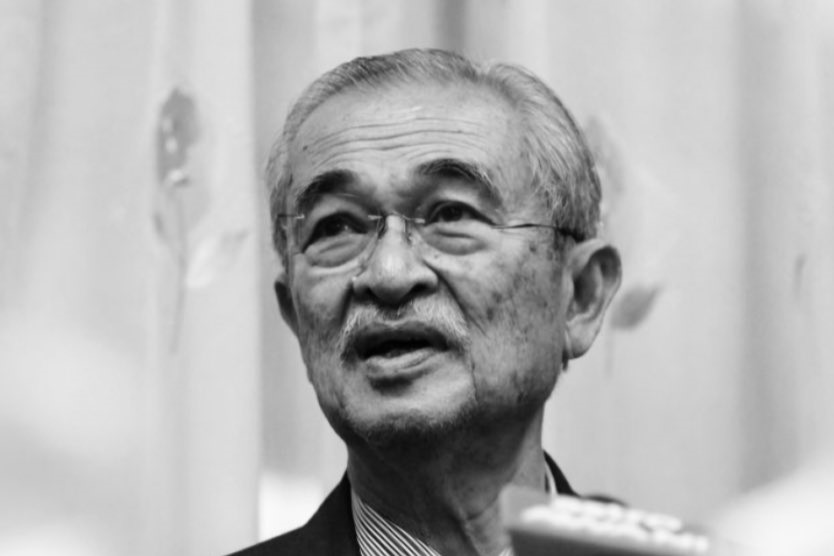HE was never loud. Never bombastic. Not cut from the same cloth as the strongmen before him – or the kleptocrats who followed.
But Tun Abdullah Ahmad Badawi, Malaysia’s fifth prime minister, did something quietly radical.
He let the people speak.
At a time when leaders across the region tightened their grip, Abdullah loosened it.
He believed the media’s role wasn’t to parrot government lines – but to question them.
He saw the internet not as a threat, but a tool for progress. And he treated dissent not as betrayal, but as democracy at work.
Quiet reformer
Abdullah took office in 2003, inheriting a country fatigued by two decades of Mahathirism – an era of explosive growth shadowed by censorship, fear, and media suppression.
He could have continued that legacy. He didn’t.
He didn’t announce sweeping reforms.
He just stopped the suffocation.
Licensing laws remained on paper, but enforcement slackened.
Online media – blogs, forums, portals – began to flourish. Malaysia Today. The Insider. Malaysiakini.
Suddenly, the rakyat had a mirror – and a megaphone.
He didn’t shut them down. He read them.
Internet freedom: By design, not default
Critics called him weak. Said he let things slip out of control. But that critique misses the point.
Abdullah believed you can’t build a mature democracy by treating citizens like children.
“Open discourse is the path to national maturity,” he once said.
He upheld Tun Dr Mahathir Mohamad’s promise not to censor the internet – a promise Mahathir himself would later walk back on.
Abdullah didn’t just maintain the policy. He empowered it. He allowed Malaysia’s digital political awakening to unfold.
By 2008, that awakening turned into a revolt.
The ruling coalition, for the first time in history, lost its two-thirds majority – driven largely by online mobilisation and independent reporting.
Abdullah didn’t retaliate. He stepped down.
The freedom he left behind
Ironically, the man mocked as “sleepy” left Malaysia with its most wide-awake political moment.
He didn’t arrest journalists. He didn’t block websites. He didn’t unleash trolls and cyber police.
He simply left the doors open – and walked away.
Others weren’t so gracious.
Under Datuk Seri Najib Razak, the Sedition Act came roaring back. Portals were shuttered. Editors were hauled in.
Even Mahathir, in his comeback, reverted to old habits.
But the memory of Abdullah’s Malaysia still flickers.
That brief, extraordinary pause – when criticism wasn’t criminalised, and the rakyat could speak without looking over their shoulder.
The verdict of history
In a country addicted to strongmen and spectacle, Abdullah’s legacy is easy to miss. But that’s his genius.
He didn’t steal the spotlight.
He gave it to the people.
And in doing so, Abdullah Ahmad Badawi may well be remembered—not as the dozing prime minister of media caricature – but as the quiet father of Malaysia’s loudest freedom. – April 15, 2025
Mudasir Khan or Tuan Muda wrote this article as a tribute to Tun Abdullah Ahmad Badawi, a fellow Penangite, who passed away on April 14 at the age of 85

